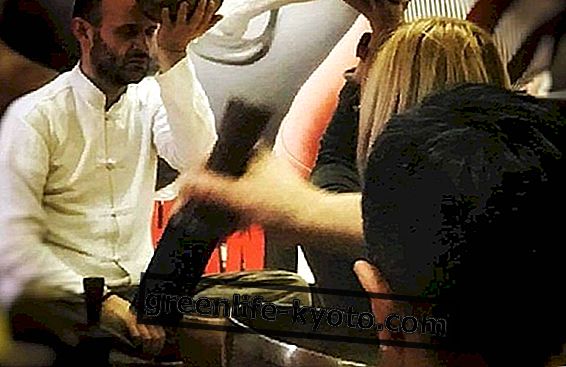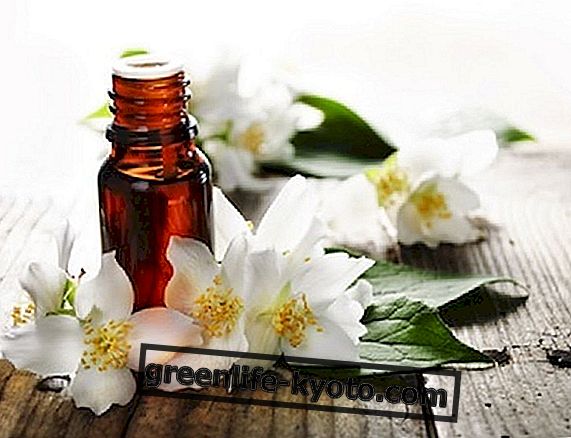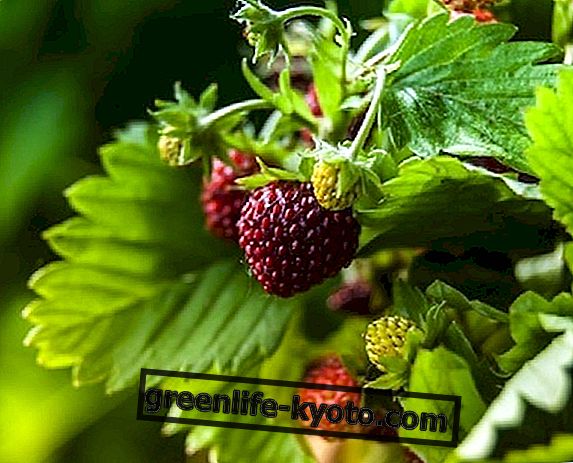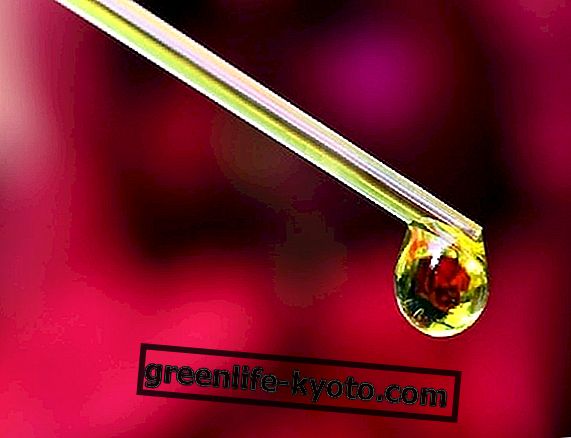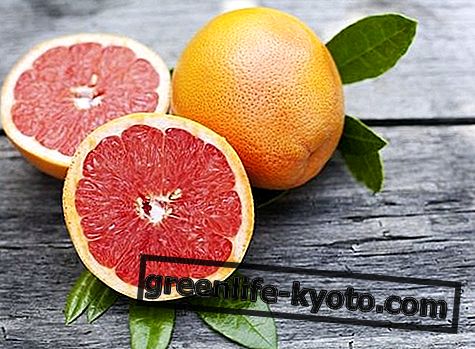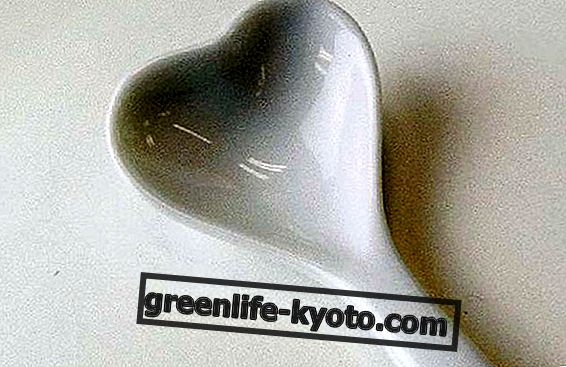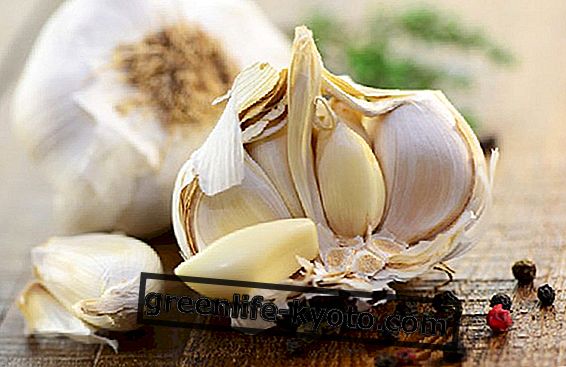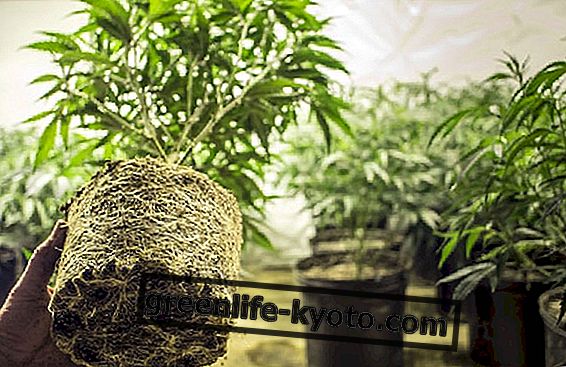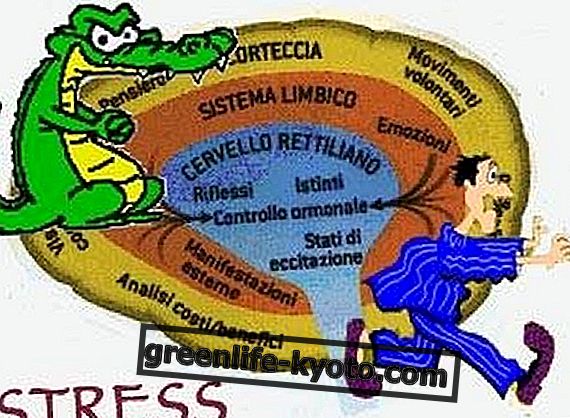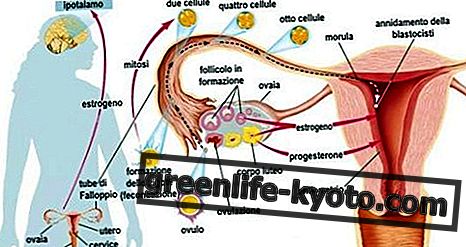
Diverticulitis is the disease that occurs following the inflammation of the diverticula in the intestine .
These diverticula are species of hernias that appear in the tissue of the intestinal membrane and take a roundish shape.
The mucosa of the intestine creates loops, inlets or extroflections which then become sites of stagnation of waste material such as the faeces on exit.
This causes the formation of diverticula that can then become inflamed and infected, giving rise to diverticulitis .
The diverticula usually have a rounded shape and can have dimensions from a few millimeters to 3 or 4 centimeters in size . The larger the extroflections become, the more they form stagnations that can be found throughout the gastrointestinal tract from the esophagus to the duodenum and, in particular, they form in the last tract, ie in the colon.
A healthy intestinal mucosa does not present extroflections and is smooth while the presence of these loops creates the space for the stagnation of fecal material.
The material to be eliminated from the body naturally passes along the smooth wall of the intestinal tract while with the presence of these loops and pockets there is a slowing down with formation of deposit material.
In the diverticula therefore we will easily have the proliferation of the bacteria and an inflammation or an infection can be triggered.
Symptoms of diverticulitis
When inflammation occurs, and therefore the diverticulosis, we will have the onset of different symptoms.
First of all the pain and cramps in the abdomen which are the signals that the body sends to identify the presence of inflammation.
Concurrently there may be swelling due to intestinal gas as well as a possible feeling of nausea and vomiting.
The appearance of diarrhea and alternate constipation is another of the symptoms attributable to this intestinal disease.
Finally, when the situation is prolonged, we can have fever with chills and the presence of blood in the stool, since the diverticulum has damaged the blood vessels.
The onset of diverticula involves 50% of the western population within 60 years and after 80 years the percentage rises to 95%.
Of people who have diverticulosis, about 20 percent also get diverticulitis and then go on to the state of inflammatory bowel disease.
Causes of diverticulosis
The causes for the formation of diverticula are due to incorrect habits such as smoking, excessive use of drugs, poor physical activity and obesity.
But the main cause of diverticulosis is due to an unbalanced diet typical of the western diet.
Too many sugars, animal fats and especially refined white flours are to be held responsible for digestive malfunctions with a probable increase in the risk of onset of diverticulosis.
In fact the great intake of refined white flours creates a very difficult glue to digest in the intestine and the little presence of dietary fiber increases the difficulty of a correct intestinal transit.
The intestinal pressure, which increases when we struggle to defecate, the little lubricated tract of the mucosa, the lack of water and food rich in mucilage besides the lack of fiber-rich foods create the ideal situation for the creation of diverticula.
First step the diet
When we are already in the presence of diverticulitis and therefore of inflammation of the diverticula then we will have to implement an anti-inflammatory diet.
The first attention should be paid to the integration of liquids so the central point is the hydration of the body to keep the intestinal mucosa lubricated and soft.
Excellent extracts and centrifuged fruit and vegetables to drink especially in the morning. Go ahead for the apple which has a refreshing, draining, purifying and anti-inflammatory effect. Also indicate the root vegetables such as carrots, red beets but also celery rich in fiber and mineral salts.
Always to supplement liquids, mineral salts and fibers, soups, vegetable broths and steamed vegetables are perfect if we remember to also use cooking water.
To increase instead foods rich in fiber and mucilage, go ahead with zucchini, carrots, linseed and sesame seeds, but above all, go ahead for the okra. in fact this vegetable with a little known name is an excellent food to help regulate digestive functions and to preserve the permeability and healthiness of the intestinal mucosa.
Finally, two spices with an anti-inflammatory power : ginger and turmeric. Ginger is an excellent ingredient in this situation because it is an excellent natural anti-inflammatory and also a regulator of digestion.
You can use it as a spice to flavor fruit and vegetable juices, centrifuges and other dishes you want to season with a little spicy flavor. You can also prepare a ginger drink together with other herbal teas.
In addition to reducing inflammation, ginger helps digestion and supports both the immune and digestive systems. In a very similar way also turmeric can be used as a spice to flavor foods but also as an ingredient for herbal teas to drink.
The foods to avoid in case of diverticulitis are those that contain small seeds like kiwi, tomatoes, pomegranate, strawberries and various berries because these can stop more easily in the bends of the diverticula and thus lead to an increase in size.
According to learn to chew food very well so that it descends into the already almost liquefied esophagus. This little trick helps a lot in this situation and with a correct diet rich in fruit and vegetables it will be decisive against diverticulitis.
Natural anti-diverticulitis remedies
The herbal tea of flowers and leaves of mallow is an excellent remedy to drink at least 2 times a day. This herbal tea is used to help the intestinal transit, to hydrate, attracting water and to protect the mucosa.
The active ingredients that have these properties are the mucilages that cover the mucosa of the entire gastrointestinal tract with a protective film, thus managing to repair any micro lacerations and ulcers present.
Even the flaxseed macerate has the same beneficial effect as mallow thanks to the presence of mucilage that protects and soothes the intestinal mucosa.
Moreover aloe vera juice is another panacea for the intestine because it normalizes the pH, helps the proliferation of good bacterial flora and supports the digestion process.
Aloe vera is taken in a dose of 50 ml once a day.
Licorice is a remedy indicated for diverticulitis because it facilitates colon cleansing, is a mild laxative and relieves heartburn and abdominal cramps. Furthermore, liquorice regulates the levels of gastric acidity by attenuating nausea.
It has an action also on the bile favoring its production and is even active on the regulation of circulating cholesterol.
In the case of intestinal swelling and abdominal pain given precisely by the tension of the gas present it will be good to use carminative remedies such as fennel seeds, aniseed or active carbons .
